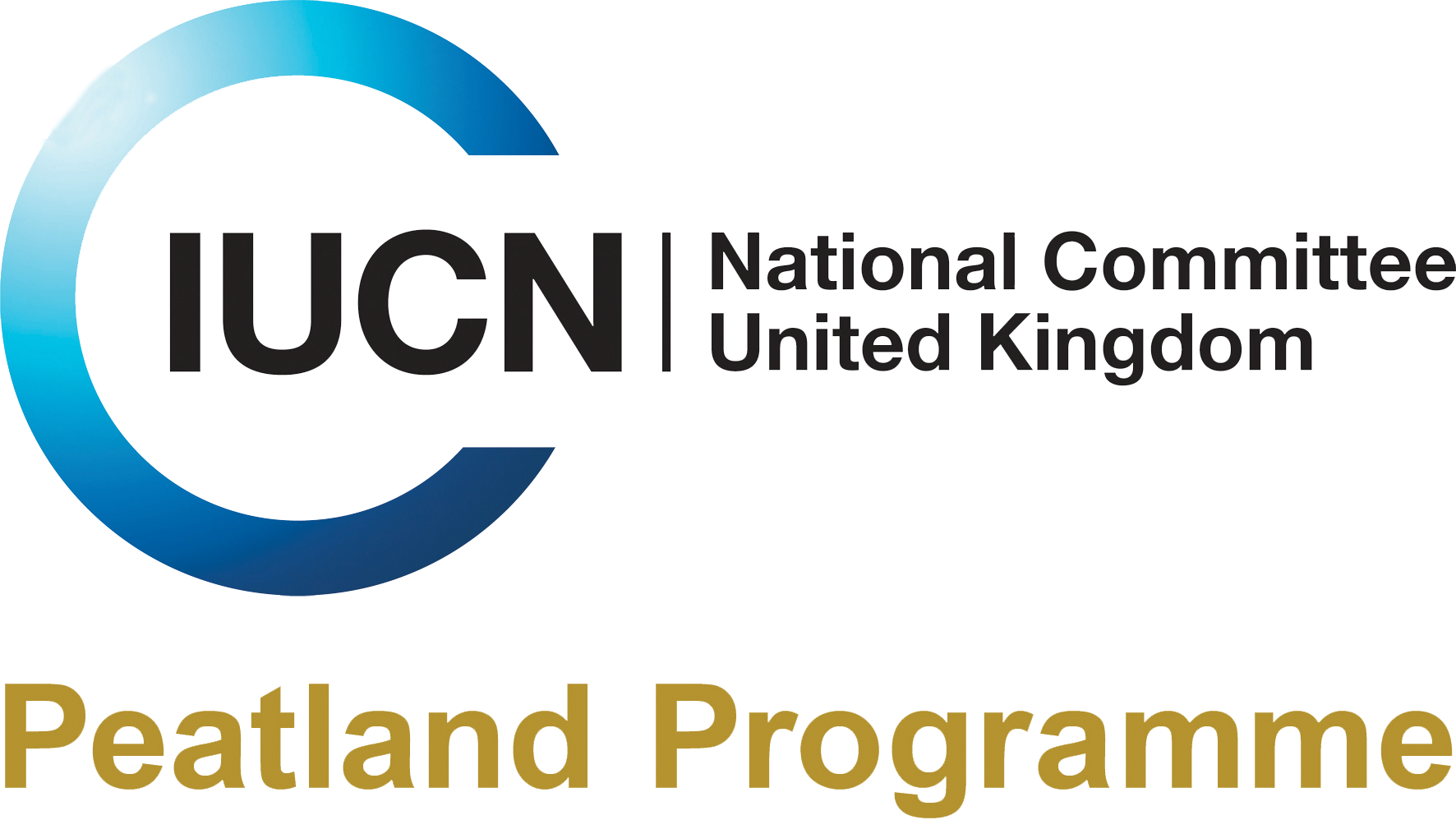Search
Search
Bog Day resources
New resource available: Explaining the impact of peatland drainage
A new video explaining the impacts of draining peatland on carbon emissions, hydrology and peat structure is now available.
New briefing addresses the peatlands and methane debate
The IUCN UK Peatland Programme has launched a new briefing “Peatlands and Methane” that summarises the science around methane emissions from peatlands, and calls for urgent action to rewet drained…
New briefing tackles the peat depth debate
A new IUCN UK Peatland Programme briefing, 'Peat Depth Criteria: Accounting for the Lost Peatlands', explains that defining and managing our peatlands in a way that reflects their full…
Natural Resources Wales announces new funding for peatland restoration
A new restoration fund, managed by Natural Resources Wales (NRW), was launched this week in an effort to help safeguard valuable peatlands.
New Year Honours for peatland specialist
Natural Resources Wales’ senior peatland specialist, Dr Peter Jones, has been awarded an MBE for services to Welsh peatlands and to the community in Wales.
Bog Day
Technical review of remote sensing for UK peatlands
The IUCN UK Peatland Programme has commissioned a technical review of the potential and applicability of remote sensing technologies for ecological monitoring of UK peatlands.
New briefing highlights complexity of UK peatland habitats and calls for comprehensive descriptions
The IUCN UK Peatland Programme has launched a new briefing “UK Peatland Habitats: From broad definitions to contextual descriptions” that explores the challenges of describing UK peatland habitats…
We need you! Help inform our latest briefing on remote sensing of peatlands
If you are involved in remote sensing of peatlands, please complete our questionnaire to help us understand your data needs and inform our latest briefing before Wednesday 6 December 2023.
My inspiration
Tony, environmentalist and author, gets inspiration from being outside. His dogs do too. Growing up with a passion for the natural world, progressing to ornithology, a deep and growing conviction…
